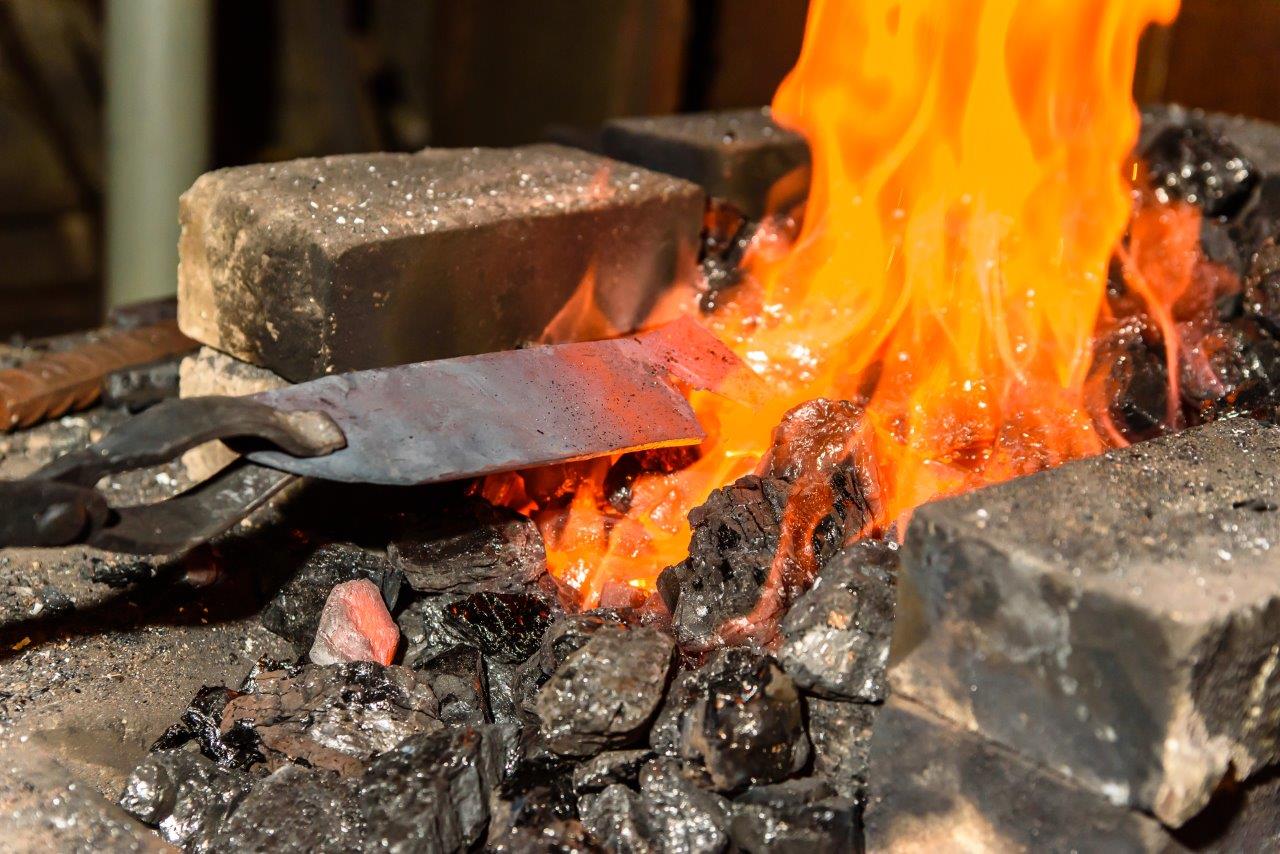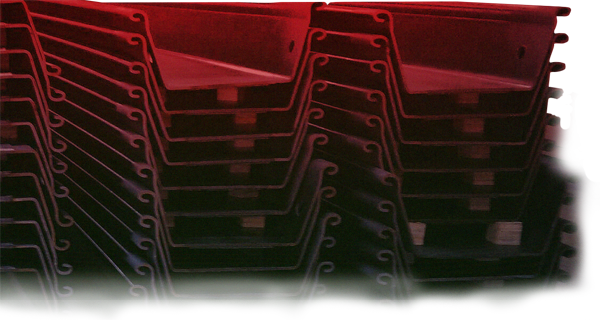How to Choose the Right Steel Grade

What do you need to know in choosing the right steel grade?
- Operating environment
- Tensile strength
- Machinability properties
- Heat-treatment capabilities
- Purpose of the steel product
Knowing how to choose the right steel grade can be a challenge if you’re not necessarily aware of what to look for. Not all types of steel have been manufactured in the same way — some do not possess certain defining characteristics that others may have. However, the different properties of the material itself are present in all the different grades of steel.
One of the reasons which make steel one of the most widely-used materials for different applications has to do with the set of properties it possesses. A combination of chemical and mechanical engineering has enabled steel product manufacturers to create different steel materials with varying features. It’s essential that the right steel grade is utilized in the process. Continue reading to learn more.
Operating environment
The operating environment of the steel product is a crucial consideration before choosing the right grade. This is because elements present in the external environment can greatly affect the quality of performance exhibited by the steel material.
Factors such as high temperatures, pH levels, and frequency of impact are just some that need to be taken into consideration. To give an example, many differentiated processes take place in industrial warehouses. Some of these facilities may contain high-heat environments due to the emissions produced by machines. Equipment such as furnaces may affect the utility and functionality of the surrounding steel material over time.
On the other hand, some industrial processes make use of steel only to enhance the stability and structural integrity of different structures. The steel product in question doesn’t need to be of a high-grade to withstand these external pressures.
Tensile strength

In choosing a type of steel grade, its tensile strength should also be determined. This simply refers to the quality of resistance that a material exhibits when subject to tension. To determine whether the steel grade is right for the job, it shouldn’t be able to take a short time before it takes in some form of damage.
The tensile strength of a steel sample can be measured with the assistance of test rigs and other kinds of components. A steel sample is placed inside a machine. After which, force is gradually applied to the material. Tensile strength is determined through an extensometer which quantifies the amount of peak force that the sample can take in before it eventually experiences breakage.
Machinability properties
The machinability of different kinds of steel grades is largely dependent on the ease of which they can be modified. Steel manufacturing plants typically employ different processes in machining steel products. These may fall under simple techniques such as cutting, or more complicated ones, such as drilling and shearing.
As with determining the tensile strength, equipment is also needed in measuring steel machinability. The most common form of measuring this property is by the time it takes for a particular tool to make cuts or incisions on the steel sample.
Some steel grades used for pipes and steel plates don’t need to be machined if they’re going to be utilized as they are. This process is more commonly applied in the production of heavily-altered materials such as corrugated roofing, pipe fittings, or reinforced bars.
Heat treatment capabilities

Not all kinds of steel grades are capable of undergoing heat treatment, which is why this is one factor that should also be considered before choosing the most appropriate one. In particular, stainless steel can no longer be subject to heat-treatment as a method of improving its strength, but rather cold-working is utilized.
Steel grade that needs to be utilized for structural purposes needs to be of high strength. Since steel is an alloy that is composed of different raw materials — usually metals — structural steel shouldn’t contain chromium. A chromium composition of around 10.5% is a distinct feature that separates stainless steel from its non-stainless counterpart. Therefore, its strength and hardenability properties, for example, can no longer be modified by way of heat treatment.
Purpose of the steel product
It need not be said, but the kind of application for the steel material is another important consideration in choosing the right grade. Structural steel should not be used in the same vein as decorative steel — this situation poses a lot of negative implications and safety hazards that can be easily avoided with the correct steel grade.
As said before, many industries make use of steel in differentiated processes. Window makers, for example, need to use corrosion-resistant steel to create a fully-functioning product — the same quality is also present in pipe manufacturing.
On the other hand, artists who make use of steel may need the presence of more decorative elements such as shine and luster. They need to make use of steel that can easily be welded, folded, and altered to create the desired shape for an artwork.
By knowing the purpose of the steel product, you would also be more equipped in providing a close estimate of the cost and quantity of the material.
Key Takeaway
Now that you know how to choose the right steel grade, you need to take note of a range of considerations, such as the application of the product, the kind of operating environment, and tensile strength — among many others.
Full utility and maximization of steel heavily rely on understanding its properties and which of them would still be present under a given set of conditions. The factors mentioned above will hopefully become a springboard to choosing the most appropriate steel grade.


